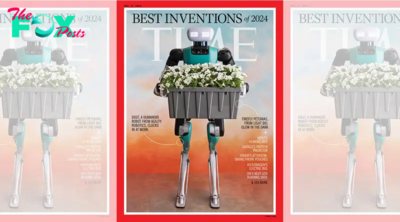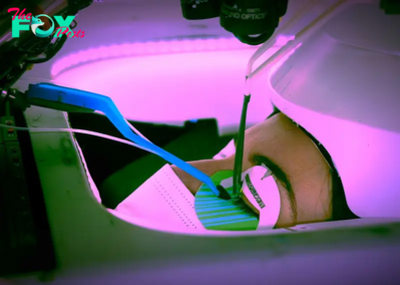Technology
Microsoft says Chinese hackers used code flaw to steal emails
Microsoft said on Friday that Chinese hackers misappropriated one of its digital keys and used a flaw in the company's code to steal emails from US government agencies and other clients.
The company said in a blog post that the hackers were able to use the key - which they acquired under undisclosed circumstances - and take advantage of "a validation error in Microsoft code" to carry out their cyberespionage campaign.
The blog provided the most fulsome explanation yet for a hack that rattled both the cybersecurity industry and China-US relations. Beijing has denied any involvement in the spying.
Microsoft and US officials said on Wednesday nightthat Chinese state-linked hackers had been secretly since May accessing email accounts at around 25 organizations. U.S. officials said those included at least two government agencies: the State and Commerce Departments.
Secretary of State Antony Blinken told China's top diplomat, Wang Yi, in a meeting in Jakarta on Thursday that any action that targets the U.S. government, U.S. companies or American citizens "is of deep concern to us, and that we will take appropriate action to hold those responsible accountable," according to a senior State Department official.
Microsoft's blog post did not explain how the hackers got their hands on one of the company's digital keys, leading some experts to speculate that Microsoft itself had been hacked ahead of the thefts.
The company did not immediately respond to questions about the key.
The breach has thrown Microsoft's security practices under scrutiny, with officials and lawmakers calling on the Redmond, Washington-based company to make its top level of digital auditing, also called logging, available to all its customers free of charge.
Microsoft said in a statement late on Thursday that it was taking the criticism on board.
"We are evaluating feedback and are open to other models," the company said, adding that it was "actively engaged" with US officials on the matter.
-

 Technology22m ago
Technology22m agoIs AI dominance inevitable? A technology ethicist says no, actually
-

 Technology1d ago
Technology1d agoColorado company is building its own WALL-E as it reimagines trash disposal, recycling in outer space
-

 Technology2d ago
Technology2d agoHow We Picked the Best Inventions of 2024
-

 Technology2d ago
Technology2d agoTurning Simple Dresses into Statement Looks with Accessories
-

 Technology2d ago
Technology2d agoCarl Sagan’s scientific legacy extends far beyond ‘Cosmos’
-

 Technology2d ago
Technology2d agoA Robot for Lash Extensions
-

 Technology2d ago
Technology2d agoThe 27 Club isn’t true, but it is real − a sociologist explains why myths endure and how they shape reality
-

 Technology2d ago
Technology2d agoCells have more mini ‘organs’ than researchers thought − unbound by membranes, these rogue organelles challenge biology’s fundamentals



























